Who We Are
Baptist Church Planters assists churches and missionaries in planting or revitalizing Baptist churches across North America, seeking to impact communities with the Gospel of Jesus Christ for the glory of God.
Who We Serve
- Pastors seeking to intentionally disciple the church body and develop leaders
- God’s people who have a passion for evangelism, discipleship, and missions
- Healthy churches who are committed to church planting
- Struggling churches who are in a time of transition or seeking revitalization
- Sending churches and their sent missionaries
How We Serve
We work with various churches to help them become healthy and active places for worship and discipleship. Our four-fold plan to accomplish this includes:
Evangelism
Growing churches both in number and in spiritual health
Leadership
Training leadership to develop a healthy and long-term vision for church growth
Location
Establishing an adequate facility for corporate worship and outreach events
Pastor
Supporting the process of calling a pastor for a healthy transition to graduation
Our History
1990
On May 25 Baptist Church Planters was born in the hearts of seven missionary men who were earnestly praying and seeking God’s will about reaching the lost of North America. Together, they began a church and missionary-directed agency that could meet America’s greatest need.
1991
Rev. Frank Hartwig was named the first president. Under Brother Hartwig’s leadership, missionaries, churches, and many of God’s people rallied to construct a debt-free facility that would serve the agency’s needs.
1995
BCP moved into the new facility at 36830 Royalton Road, Grafton, OH.
1997
Rev. David Little was appointed president. The mission increased credibility, hired staff, and cast a vision of church planting for the future, and President Little’s leadership resulted in heightened enthusiasm for church planting throughout North America.
2004
ChurchCare began as a subsidiary corporation of Baptist Church Planters. ChurchCare provides counsel to churches in difficult situations, such as contemplating closure, and handles monies in a Revolving Loan Fund, designed to make loans to church plants for building projects.
2005
The Council voted to expand the present facility and began adding 6,500 square feet to the existing building.
2006
Building begins in early spring by a major team of five men and many volunteers coming from surrounding areas at different times to help. It was completed in the summer of 2007.
2010
Baptist Missionary Builders came under the umbrella of Baptist Church Planters, and ChurchCare Construction was born.
techPartner began as a non-profit subsidiary of Baptist Church Planters to provide technical support to missionaries, pastors and churches for the sake of effective presentation of the Gospel.
2014
Rev. Stephen P. Little accepted the call as BCP’s third president. Steve’s church planting experience was a great benefit to the mission and missionaries. His local-church focus began to shift the mission work back to the stated purpose of the mission – “We serve churches and the missionaries they send to plant churches.”
2020
Rev. Jon Jenks became the fourth mission president. Jon’s visionary leadership has led to the increased discipleship training of men and women and to the establishment of networks of healthy local churches who are serving other local churches for the sake of their Gospel witness.
Staff
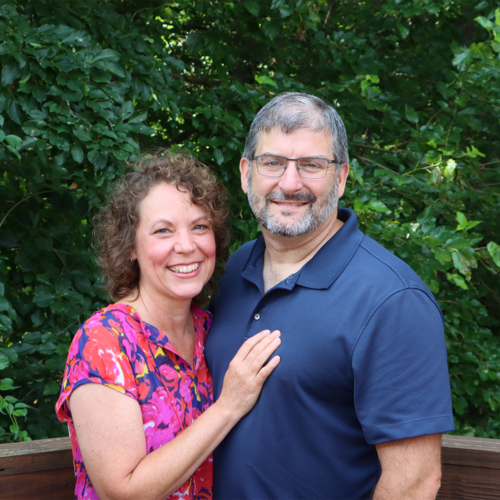
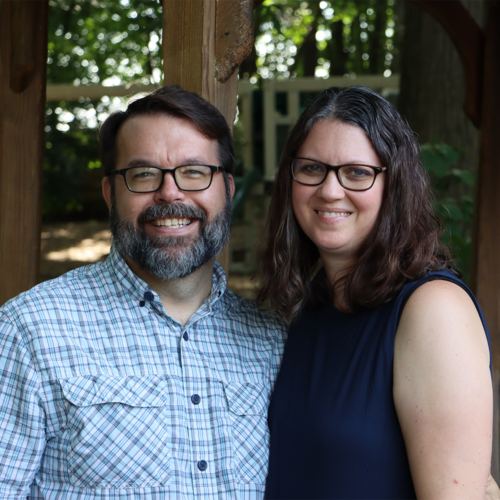
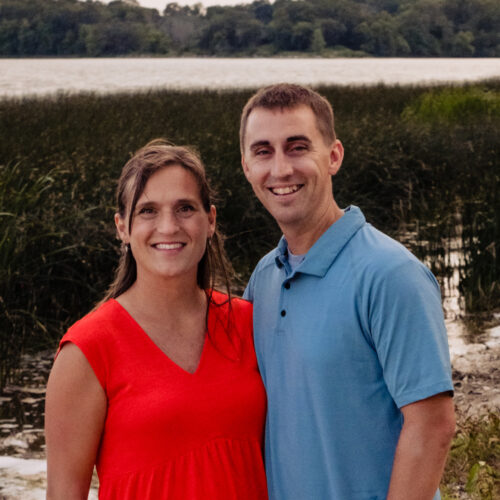
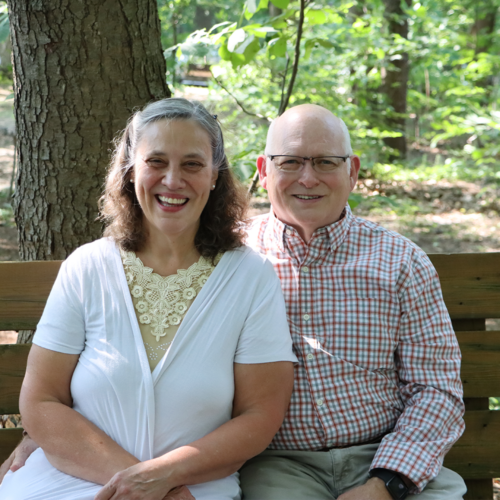
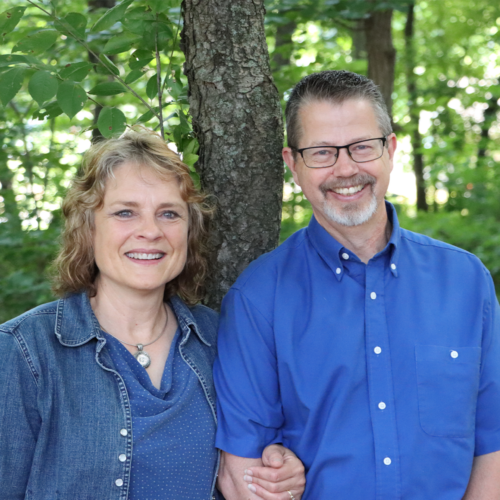
Beliefs and Doctrine
The Church
BCP views the church as the program of God on earth for this age; therefore, our purpose for existence is to facilitate the process for local Baptist churches and the missionaries they send to fulfill the Great Commission. We call this a local church missiology.
For example: We facilitate the process for Baptist churches to send their missionaries to various parts of the USA. We also facilitate a team mindset with churches from various parts of the USA to partner with the missionary, his sending church and BCP’s administration so that we collectively work toward graduation of the church plant or church revitalization. Together we strive to reach the point that the church can reproduce itself and help other churches to be planted or revitalized. The goal is growth that leads to reproduction.
Missionaries
As much as we love missionaries and work to serve them in many ways, they are not an entity unto themselves, but rather, are sent from local churches. They are under the authority of the church; therefore, BCP defers to that same authority when we work with missionaries. When we get the order right, everything falls into place within God’s plan for His local churches and the missionaries they send.
For example: If a missionary comes to BCP with a desire for a particular area or region of the USA, BCP does two things. First, the BCP administration works with their sending church to confirm their call to ministry and their desire for the particular region of the USA. Secondly, BCP facilitates building a team of churches surrounding the targeted area of the USA for the purpose of confirming the need for a new church plant and then to provide on-going support to the new work. The missionary is key to God’s program of building His Church, but the missionary is not the program. We see the missionary as the sent one of the church so that the church can fulfill the Great Commission.
Regional Ministry
BCP sees the regions of the USA through the lens of Acts 1:8. We see this play out in Acts 11-15. The church in Jerusalem did not do an independent work in Antioch, but sent Barnabas to work through the church in Antioch, not apart from them. We see an interaction between the two churches using Paul & Barnabas as well as others to accomplish the desires of the two churches.
As a modern day example: A missionary and his sending church in Rochester, NY with a desire to do a ministry in Phoenix, AZ, should not bypass the local churches in Phoenix to do an independent work apart from them. BCP facilitates the process to build partnerships between churches from various regions of the USA. BCP will not facilitate a missionary to do church planting or church revitalization work apart from local church partnerships.
